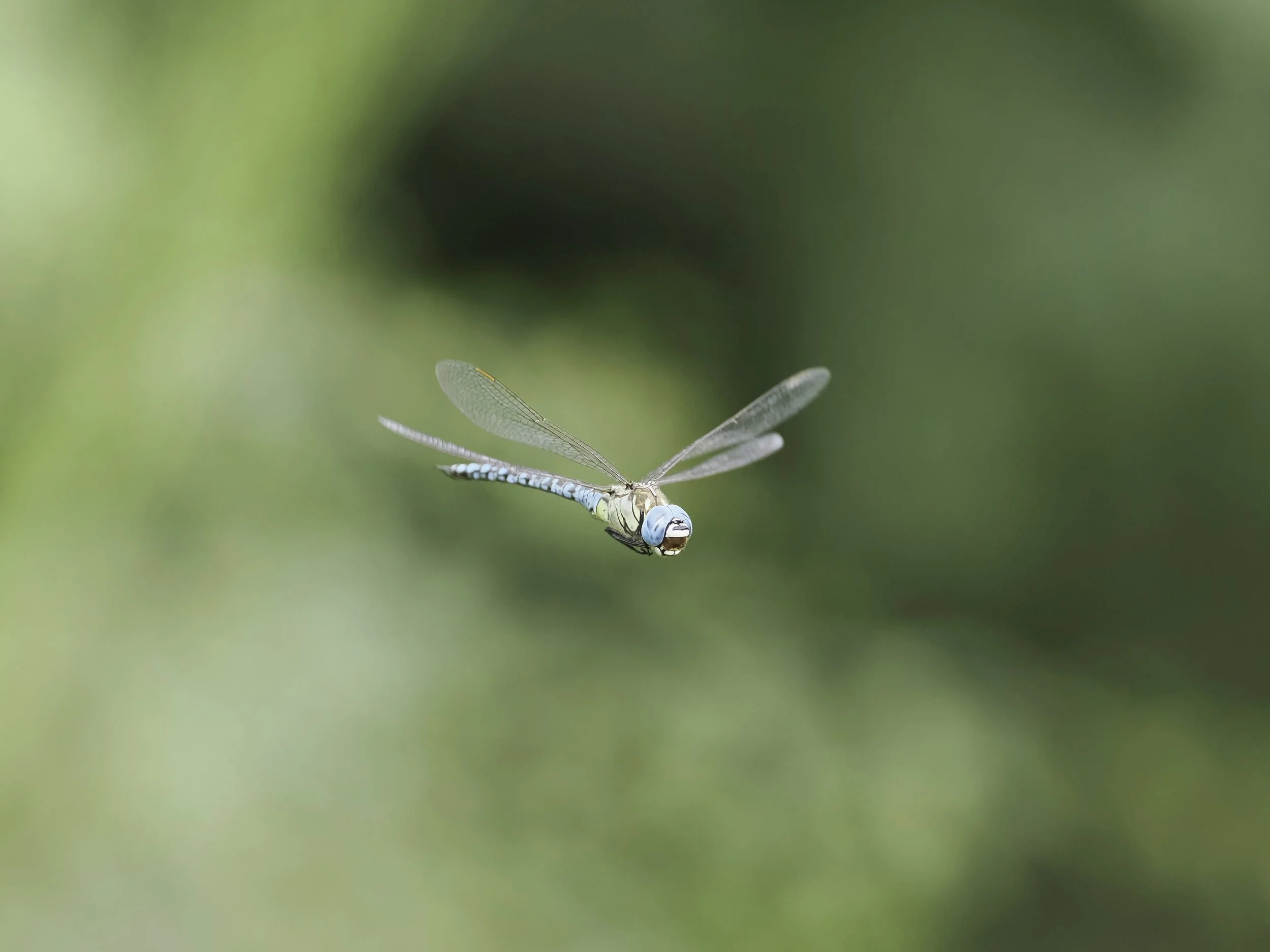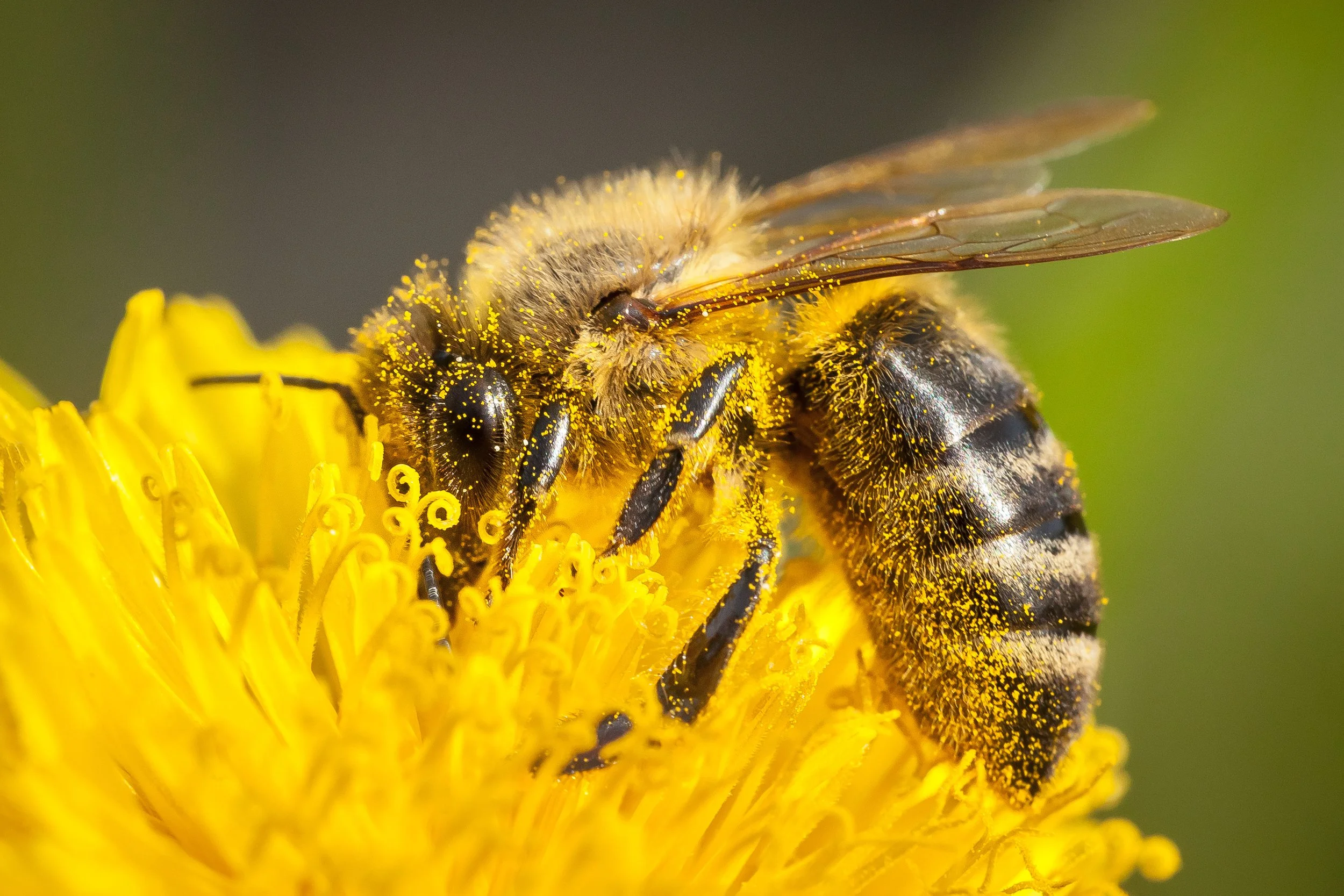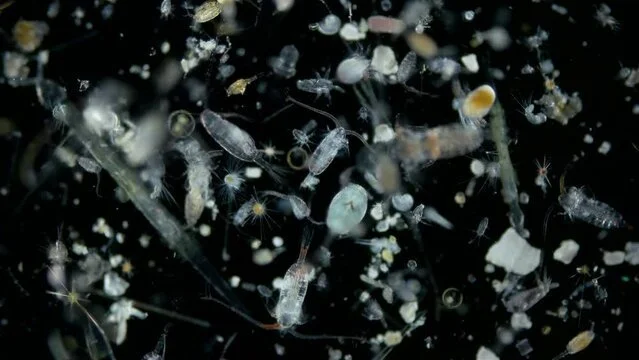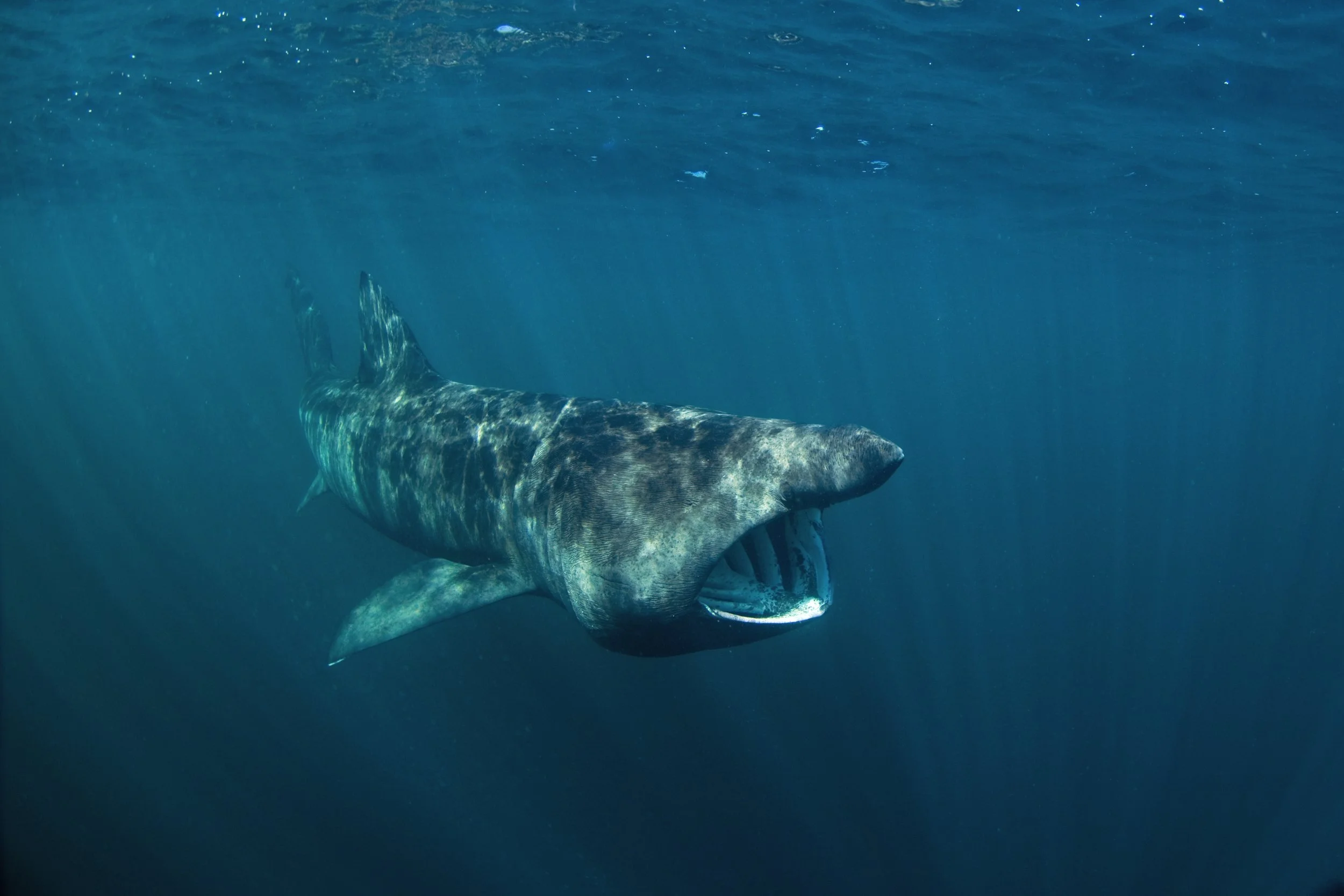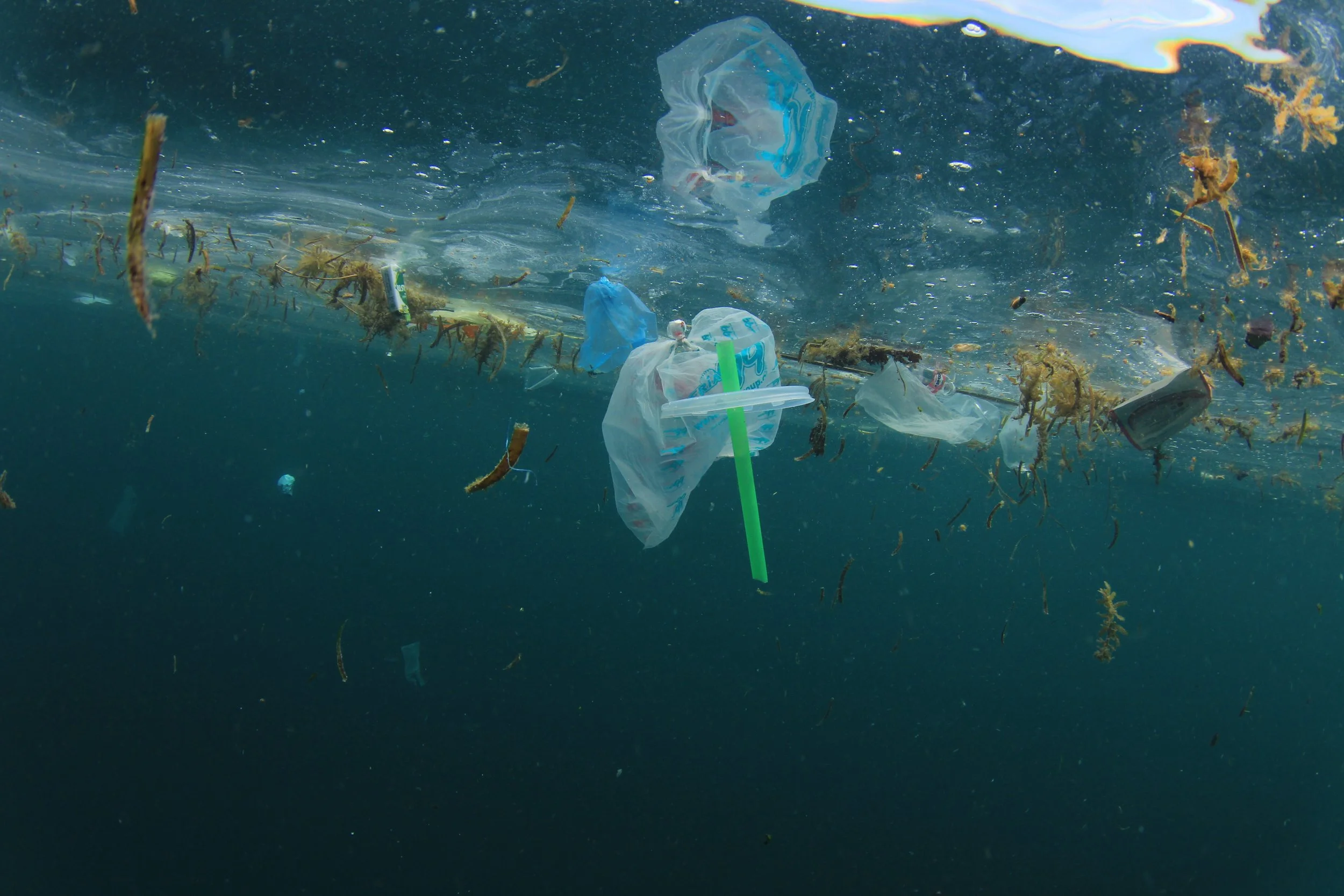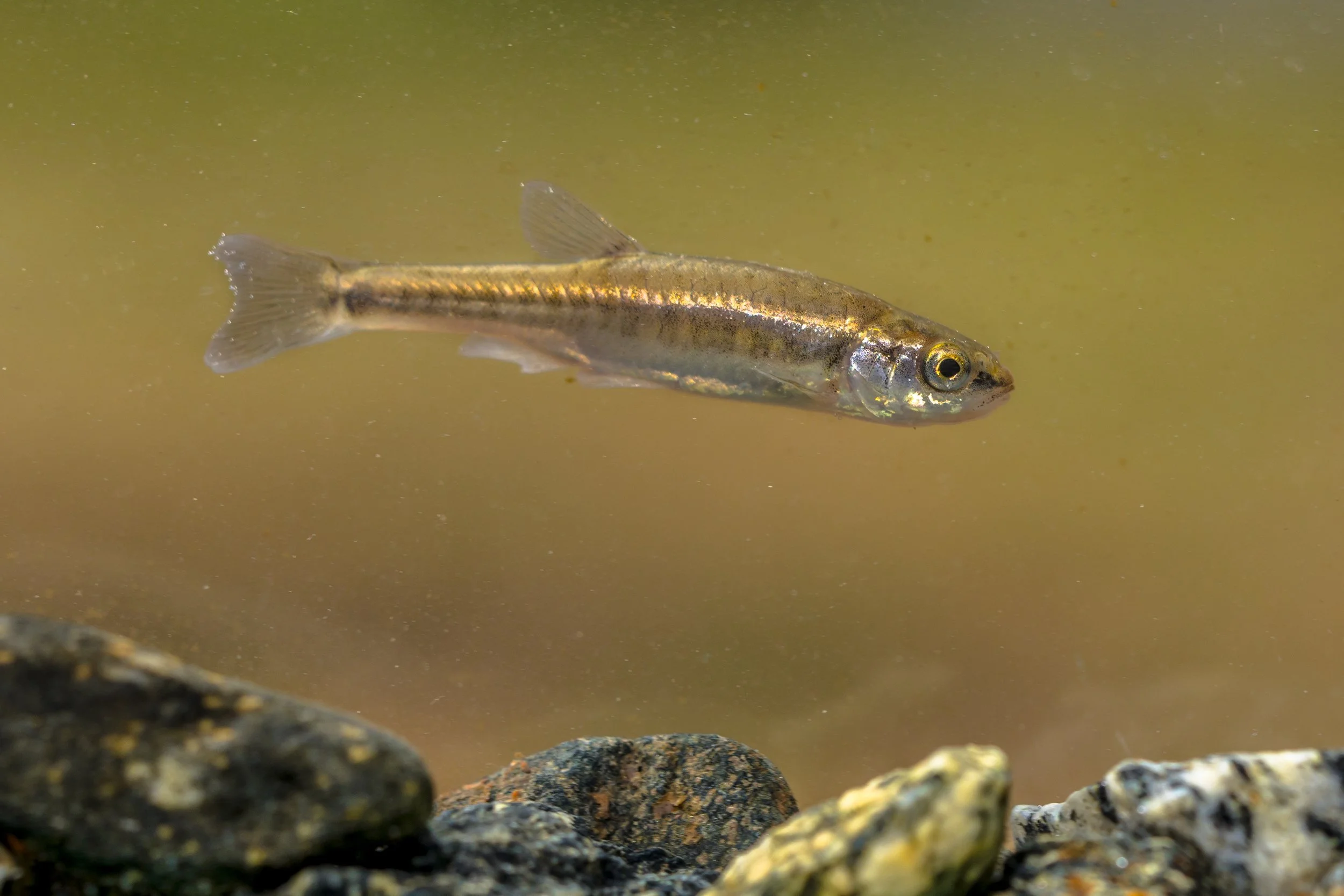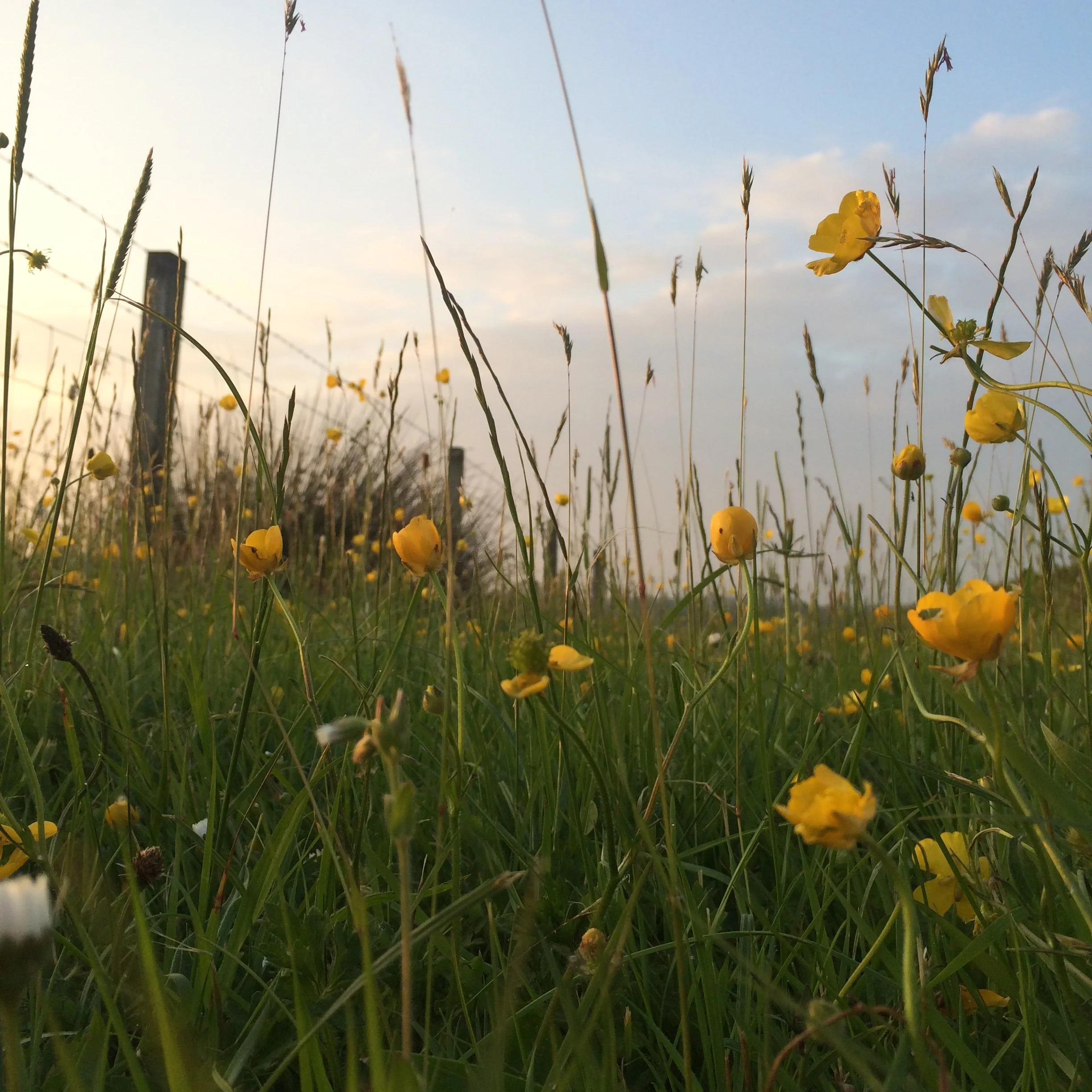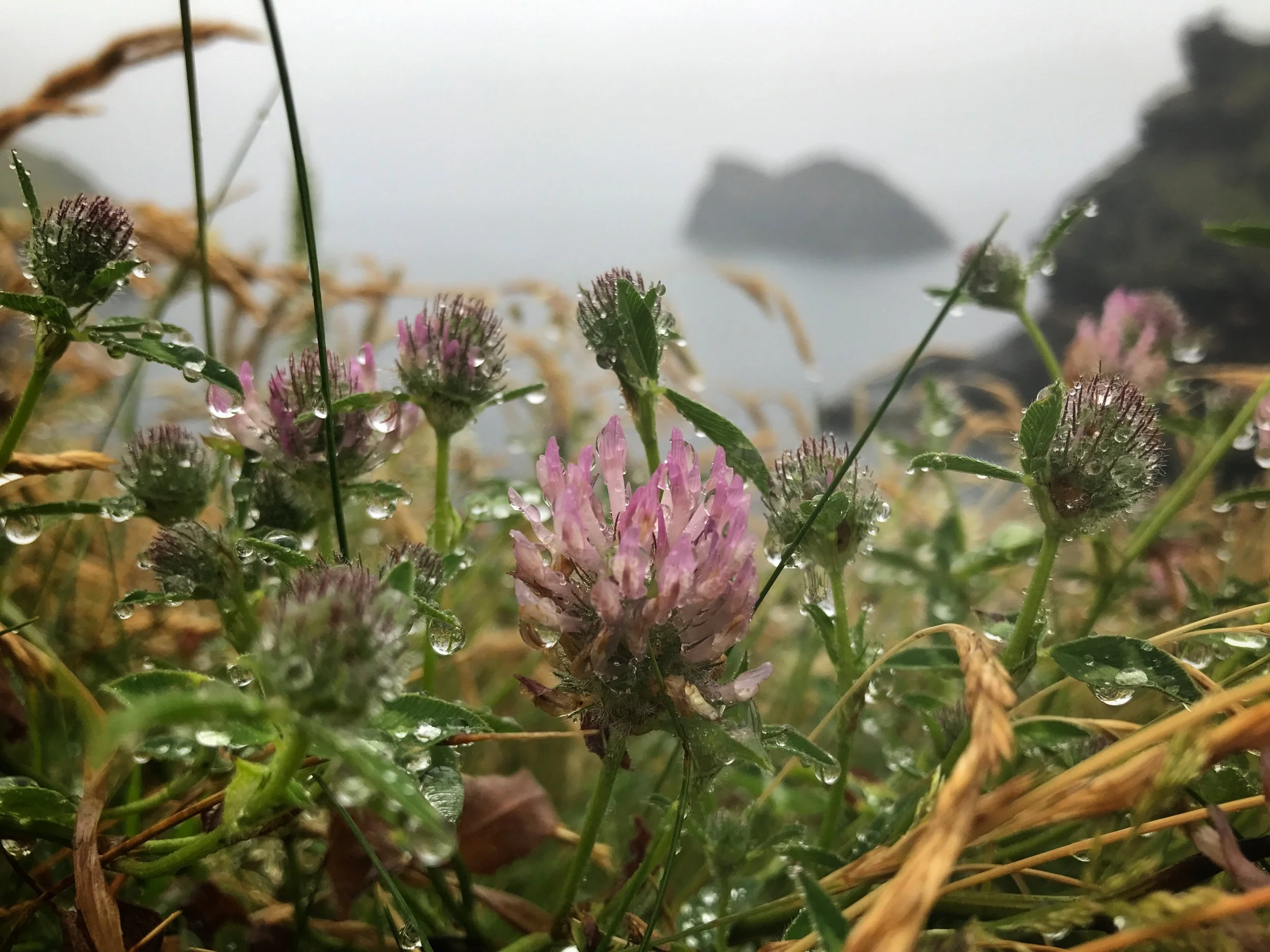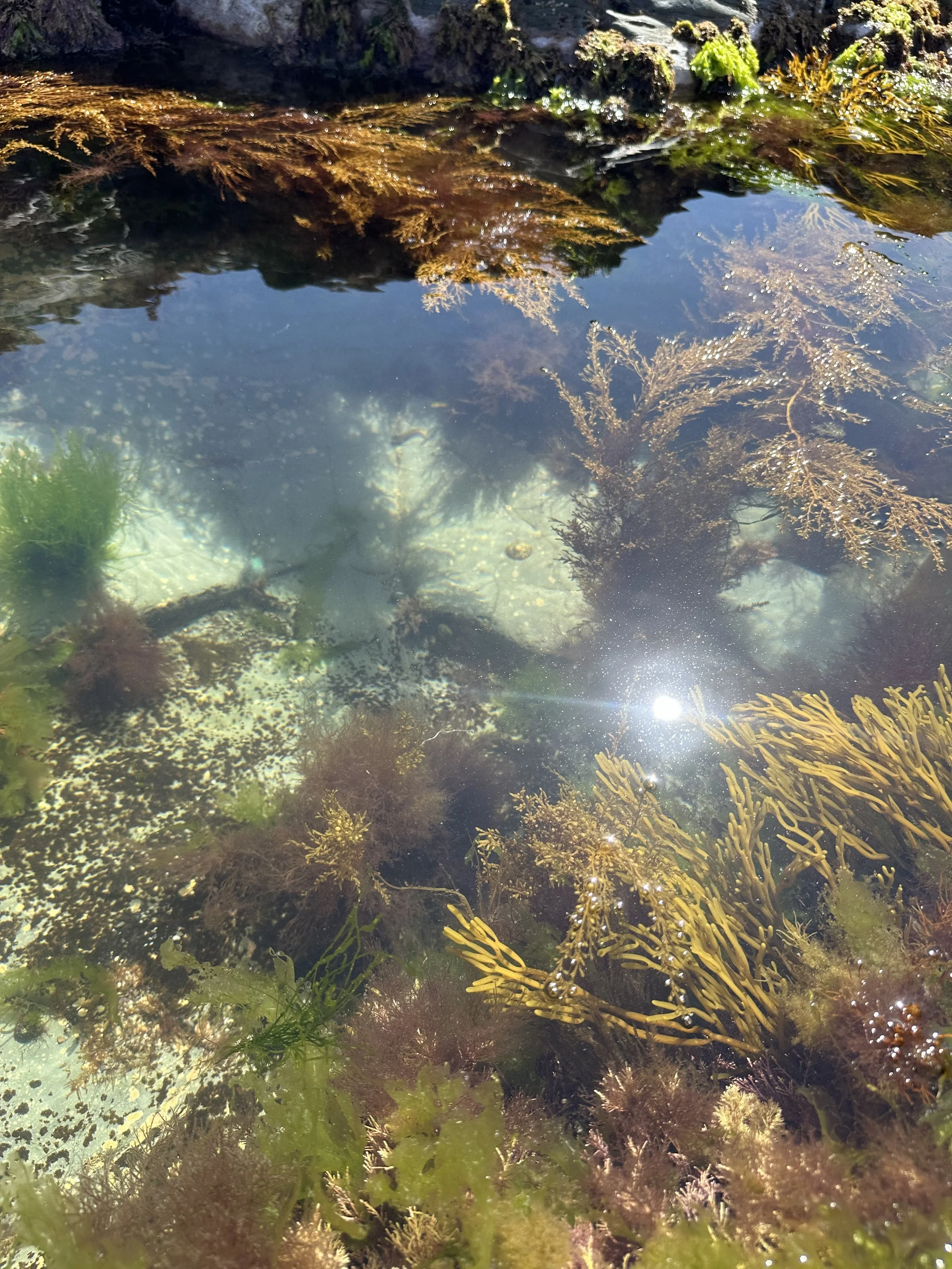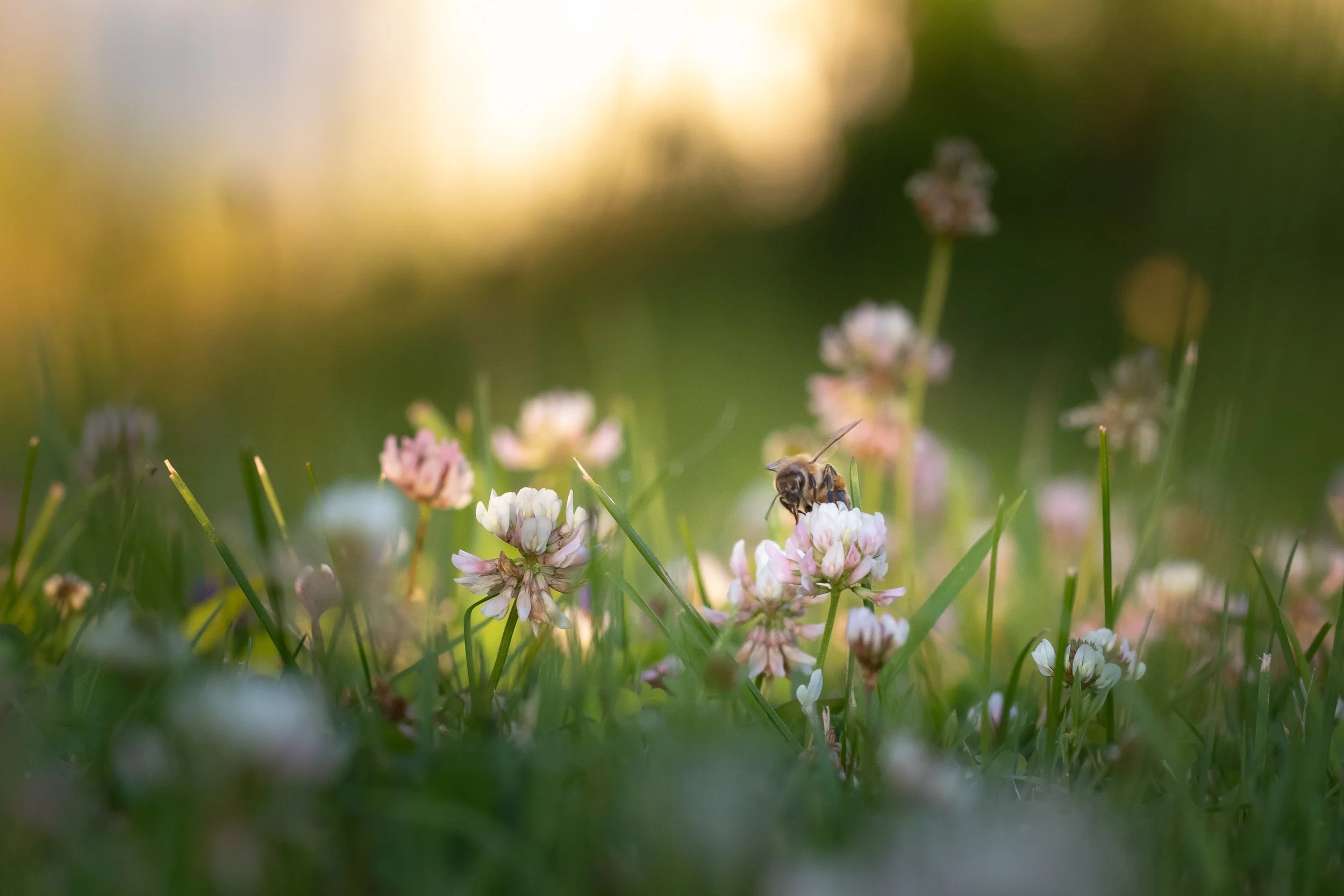Biodiversity: The Life of Our Planet
What is Biodiversity?
Biodiversity is the variety of all life on Earth—from the tiniest microbes in the soil to the vast forests and deep oceans. It includes plants, animals, fungi, and ecosystems, all working together in a delicate balance.
At Cleaner Seas Project, we recognize that land and ocean biodiversity are deeply connected linked by the water cycle. What happens on land affects our seas, and the health of our oceans impacts life on land. Protecting biodiversity means protecting the entire planet.
Why is Biodiversity Important?
🌍 Biodiversity keeps nature in balance. Every species has a role, whether it’s pollinating plants, purifying water, or keeping food chains stable.
🌊 Healthy oceans depend on land biodiversity. Forests, wetlands, and grasslands help filter water before it reaches rivers and seas, reducing pollution.
💧 The water cycle connects everything. Rain falls on land, runs through rivers, and flows into the sea, carrying nutrients but also pollution. Protecting land biodiversity means cleaner oceans.
Food and livelihoods rely on biodiversity. Whether it's farms or fisheries, biodiversity supports communities worldwide.
Climate regulation depends on biodiversity. Forests absorb carbon, wetlands prevent floods, and marine ecosystems store huge amounts of CO₂.
When biodiversity is lost, ecosystems break down, leading to pollution, food shortages, and climate instability.
Biodiversity Loss: What’s Happening?
On Land:
Deforestation – Forests are being cleared for agriculture and development, reducing natural habitats.
Soil Degradation – Overfarming, chemicals, and pollution are destroying healthy soils.
Loss of Pollinators – Bees, butterflies, and other insects are declining, threatening global food production.
Water Pollution – Pesticides, industrial waste, and urban runoff contaminate rivers and groundwater.
In the Ocean:
Plastic Pollution – Billions of plastic items enter the ocean each year, harming marine life.
Overfishing – Unsustainable fishing methods are emptying our seas and destroying ecosystems.
Coral Bleaching – Rising ocean temperatures are causing coral reefs, which support 25% of marine life, to die off.
Dead Zones – Excess fertilizers from agriculture run into the ocean, creating areas with no oxygen for marine life.
The biggest problem? These threats aren’t separate… they are all connected. When we lose forests, we lose natural water filters. When we pollute rivers, we pollute the ocean. When the ocean suffers, weather patterns change, affecting land ecosystems.
What is Cleaner Seas Project Doing?
At Cleaner Seas Project, we focus on both land and ocean conservation, because one cannot survive without the other.
🌿 Rain Gardens & Green Spaces; we work with communities to create rain gardens and restore wetlands, reducing pollution flowing into the ocean.
🌊 Fighting Plastic Pollution; we organise beach clean-ups and lobby for plastic-free policies to protect wildlife.
💧 Protecting the Water Cycle; we advocate for sustainable land management to keep rivers and groundwater clean, reducing harm to marine ecosystems.
📢 Advocating for Policy Change; we push for laws that protect land and ocean biodiversity together.
How You Can Help
Support biodiversity on land – Plant wildflowers, protect pollinators, and reduce pesticide use.
Reduce plastic and waste – Choose reusable options and avoid single-use plastics.
Protect water sources – Dispose of chemicals properly and support nature-based solutions like rain gardens.
Get involved – Join our beach clean-ups, rewild a green space, and support conservation projects.
🌿 Discover how our Rain Gardens help protect biodiversity on land and in the ocean. Plant a garden with us… Volunteer, plant, partner, sponsor:


